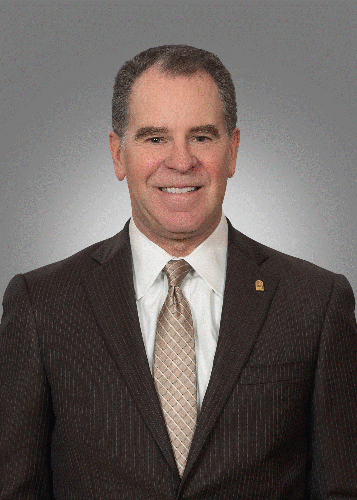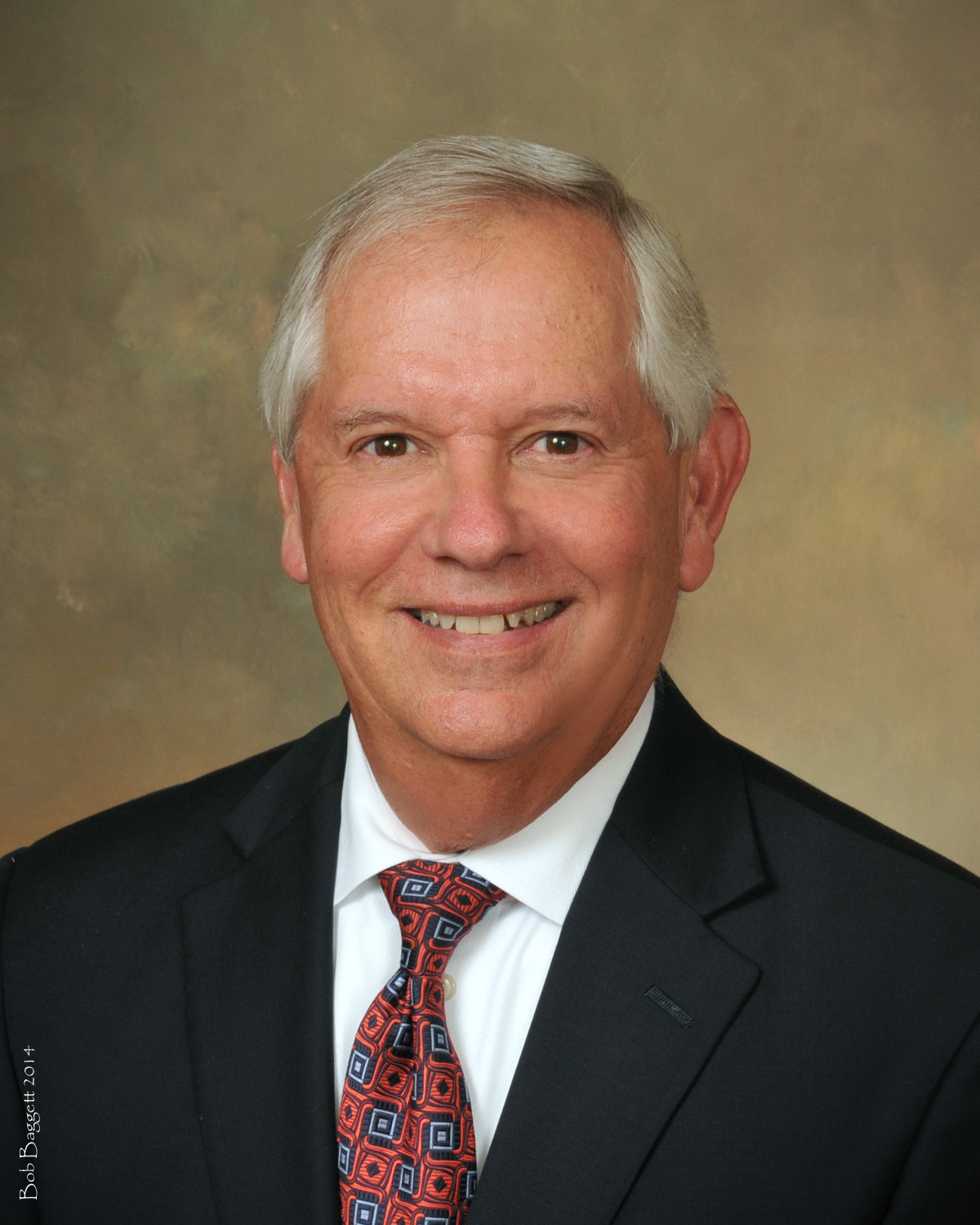- December 15, 2025
-
-
Loading

Loading

Community banks across the region, many with stronger-than-ever balance sheets, were looking forward to a robust 2020 — before the coronavirus pandemic.
Bankers have instead shifted to a survival mindset in working with clients, many of whom will struggle to make mortgage or loan payments in coming months. “This is the time when relationship-banking reveals itself,” says Bill West, president and CEO of the Bank of Tampa, which had $1.87 billion in assets through Dec. 31. “In the good times you can get anything from anybody, but it’s times like these when you get to see what your bank is made of.”
West and his fellow community bankers often say a key benefit to using a community bank over a regional or national lender is a local bank makes quicker decisions. That theory is being tested now, and several bank executives say they are coming through with loan deferment approvals and other modifications for clients in rapid fashion, sometimes 24 hours. That gives clients a modicum of certainty in an unprecedented stressful situation, says Shaun Merriman, executive vice president for the West Coast of Florida for Winter Haven-based CenterState Bank. The bank had $17.1 billion in assets through Dec. 31, according to Federal Deposit Insurance Corp. data.
“The goal is to get out in front of this,” says Merriman, whose region has some $1.6 billion in commercial loans. “The most important thing we can do right now is be there for our customers.”
Being there, of course, has taken on a different meaning for community bankers in the age of social distancing. Many banks have taken to phone lists to get a hold of clients, one at a time. That’s what a team of business bankers did at Maitland-based Axiom Bank. The $672 million asset bank has a network of branches in central and west Florida, including several in Walmarts in Tampa, Lakeland and Bradenton. The Axiom team, Axiom President and CEO Dan Davis says, called each client one-by-one, working on deferments and other cash flow issues. “We know our clients need to take action to weather the storm,” Davis says.

Bankers statewide are doing things like that and taking other steps to help customers navigate the crisis, says Alex Sanchez, president and CEO of the Florida Bankers Association. The list includes working with business clients on SBA or emergency bridge loans, permitting early CD withdrawals, increasing debit card and credit card limits, increasing the money held in ATMs, indefinitely postponing all foreclosures, and waiving overdraft and non-bank ATM fees.
“Banks are just starting to hear from customers about loans and the financial impact to individuals in our communities,” Sanchez says in a statement. “We do not yet know the extent of this crisis; therefore, we do not know the full needs of our customers at this time. As the pandemic situation changes, Florida banks are fully prepared to respond to the changing needs of customers.”
Although banks have been shifting to a digital way of doing business for years, the crisis has accelerated it. At CenterState for example, the bank’s branches went drive-thru only March 20, but inside branch-like business, closing loans and opening accounts, is still getting done. “It’s certainly different,” Merriman says, “but it’s not impossible. It’s the new normal right now.”
With bankers joining the work from home brigades, they also get to enhance their technology skills. Merriman is holding video meetings with staff off his tablet, and he’s enjoying the connectivity. “I’ve conducted more meetings off my iPad in the last two weeks than I ever have before,” Merriman says. “It’s kind of cool.”